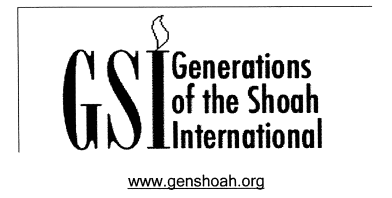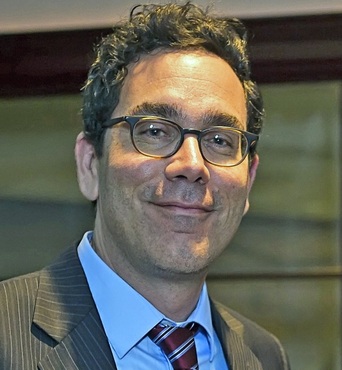“The irony in this is that this is a country that people are fleeing to…[but it’s] becoming one of tyranny, is becoming one of dictatorship and is becoming one that’s turning its face against the values that it’s supposed to stand for.” – Ilhan Omar
An executive order signed on January 27th, ominously falling on Holocaust Remembrance Day, enacts a series of changes impacting people from Iraq, Iran, Syria, Somalia, Libya, Sudan, and Yemen. The Twin Cities, home to the largest Somali community in the US, is heavily struck. In just the last three months of 2016, 433 Somali refugees were resettled in Minnesota contributing to a total of approximately 77,000 Somalis in the Twin Cities. Almost two-decades of civil war has resulted in one of the largest displacement crises, with almost 1 million registered as refugees, and another 1.1 million displaced within Somalia.



